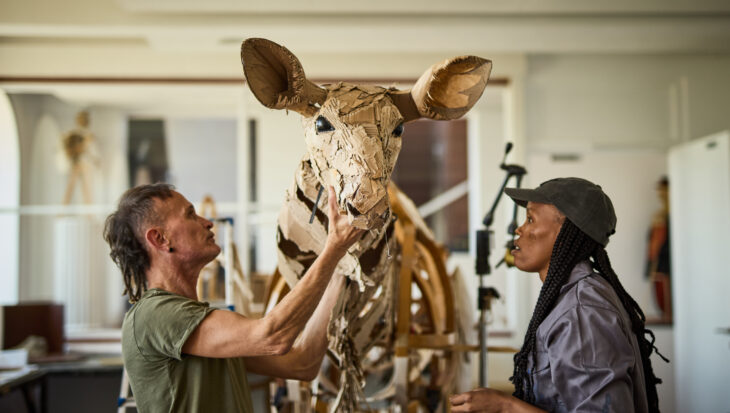‘The Herds’ will be arriving in London this Friday!
Have you heard? A breathtaking arts initiative, ‘The Herds’ will be arriving in London this Friday.
Posted 27 Jun 2025

Posted on the 13th December 2013
The latest EU statistics show that the UK is the third largest user of animals in experiments amongst the 27 member states. The UK is a particularly ruthless user of mice, accounting for 16.5 per cent of the total number used in the EU. While UK procedures figures have seen three years of increases, the EU statistics, which compare 2008 with 2011, show a decrease of 519,501 animals, with just under 11.5 million animals used across the member states in 2011.*
Across the EU as a whole, the uses of rats, mice, primates and guinea pigs were all reduced compared to 2008. On the other hand, higher numbers of fish, rabbits and equines were all used, with the largest increase in the number of fish (310,307 more of them were used than in 2008).
Despite a decrease in the number of animals used in research and development for human medicine, dentistry and veterinary medicine (575,518 fewer animals than in 2008), there was a sharp increase in the percentage of animals used in fundamental biological research (715,519 more animals). This type of laboratory work is performed simply to increase knowledge, and is not required to have any direct practical application. There was an increase in the number of mice used in these curiosity-driven procedures, and the member states confirmed that this was due to the increasing use of genetically modified (GM) mice. Earlier this year, Animal Aid’s ground-breaking report into the use of GM mice revealed the cruel and pointless nature of what is often presented as a scientific revolution.
The huge volume of animal use across the whole of the EU signals the need for openness. Whilst all animal experiments are morally and scientifically unsupportable, if the public were able to hold regulators to account over their decisions to license individual experiments, numbers would undoubtedly decrease at a rapid rate.
* France reported statistics for 2010.
Have you heard? A breathtaking arts initiative, ‘The Herds’ will be arriving in London this Friday.
Posted 27 Jun 2025

As the greyhound racing industry releases its annual data on the number of dogs’ deaths, a raft of well-known names - alongside their canine friends - has called upon the Government to end greyhound racing....
Posted 26 Jun 2025
